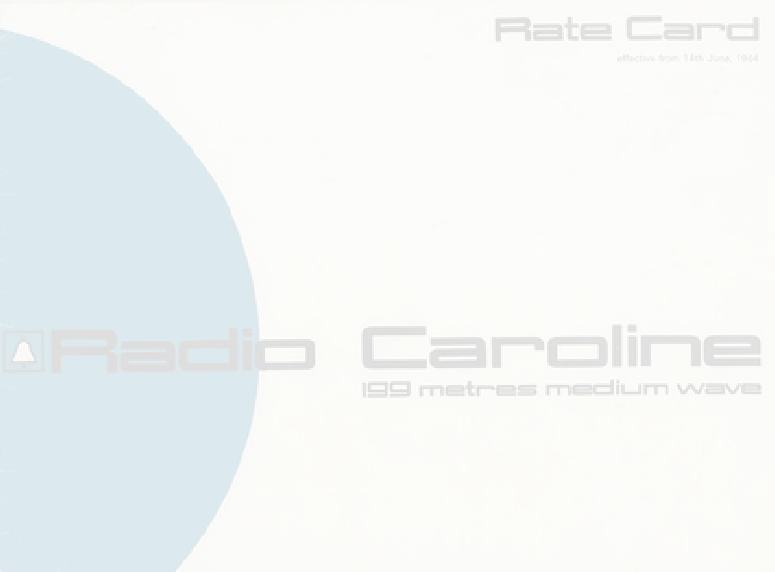© 2014-


After the introduction of the MOA in August 1967 Radio Caroline famously continued broadcasting from both the North and South ships in defiance of the new legislation. The MOA had made it illegal for British companies to advertise on offshore radio stations, but Radio Caroline claimed to have sales offices in Amsterdam, New York and Toronto and said it would survive through income foreign advertising sales.
A number of dummy 'announcements' and 'advertisements' from British companies were also broadcast at this time in an attempt to confuse the authorities, who were known to be monitoring the stations’ output. These dummy commercials also provided cover for any true advertisers who, it was claimed, had bought enough airtime to keep the station operating for at least six months.
The fake advertisements which were broadcast included products from various large British companies such as Horlicks, Nestle and Beechams, who all strongly denied that they had bought airtime on the station in contravention of the Marine etc. Broadcasting (Offences) Act. A spokesman for Beechams said, "All our contracts with the station ended last November. All they are doing is using old commercials and putting them out without our permission." Similar denials were issued by cigarette manufacturers Du Maurier, Peter Stuyvesant and Consulate as well as Swiss watch manufacturers Bulova, whose promotion continued to be aired at the top of each hour preceding the station's news bulletins.
Although much of what these companies claimed was true -
One advertiser, Derek Gardner Photographics of Leatherhead and Epsom, had run a campaign on the station during the early summer of 1967 which included promotional offers available until the end of September 1967. When Radio Caroline South continued to broadcast these commercials after 15th August 1967, again in fulfilment of its contract, Derek Gardner visited the Amsterdam headquarters to deliver a personal protest to the station's management.
Another company, who had hardly ever advertised on offshore radio -
Officially Radio Caroline denied that they were transmitting any free advertisements and claimed that contracts for these international products had been entered into quite legally before the Marine etc. Broadcasting (Offences) Act became effective.
There were also a number of unlikely products advertised – for example ‘Alcokill’ – a mouth spray which supposedly could mask the smell of alcohol, helping drivers evade the recently introduced drink driving laws in the UK.



Back to
Index




Ground
Back to








Derek Gardner Photography


